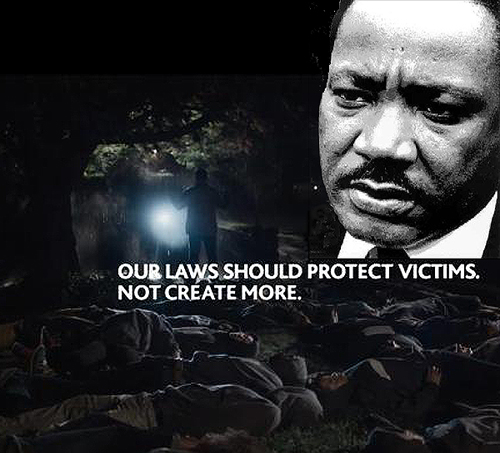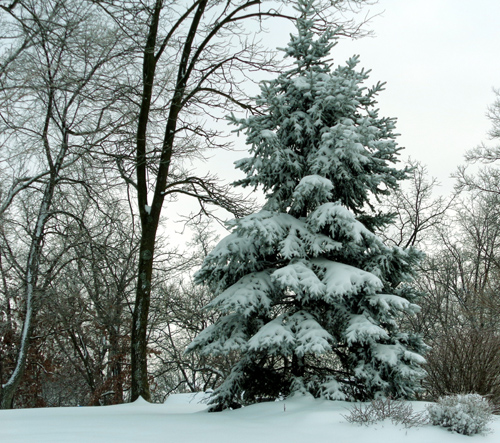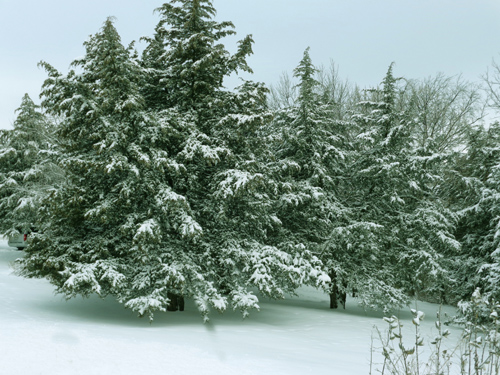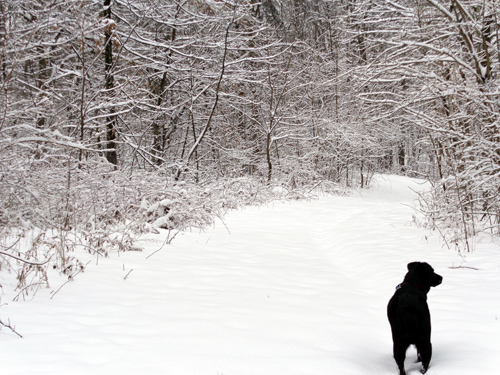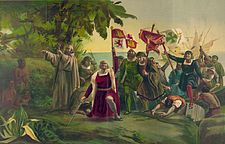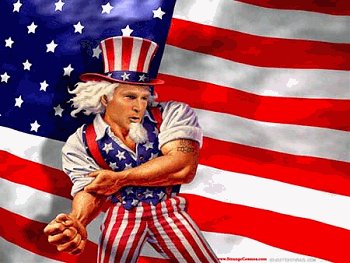 The Presidents’ Day Holiday in America, today, is perhaps the least celebrated holiday of the year, and it shows how America is moving away from a powerful executive.
The Presidents’ Day Holiday in America, today, is perhaps the least celebrated holiday of the year, and it shows how America is moving away from a powerful executive.
How different this is from Africa, today, and how changed Africa has become in just the last few years. African dictators are consolidating their power in places like Uganda, Zimbabwe, Cameroon and Rwanda. And even in the more democratic countries like Kenya and South Africa, the chief executive is wielding more and more power.
Our president is one of the most powerful social chief executives in the world; probably the most powerful among democratic countries. I think this may have worked well in year’s past when essential U.S. policy was pretty unidirectional.
But today, with radically opposed polarities, the prospect of a strong liberal president being succeeded by a strong conservative, etc., does little to move society in any direction but crazy figure eights.
Many government offices are closed, today. Banks are closed. The post office is closed. Some schools are closed and most businesses, like EWT’s, are “technically closed” with the phones not answered. But many workers — perhaps most in America — are at their desks like most any other work day.
Perhaps an affirmation that a strong chief executive shouldn’t be quite so empowered, anymore.
